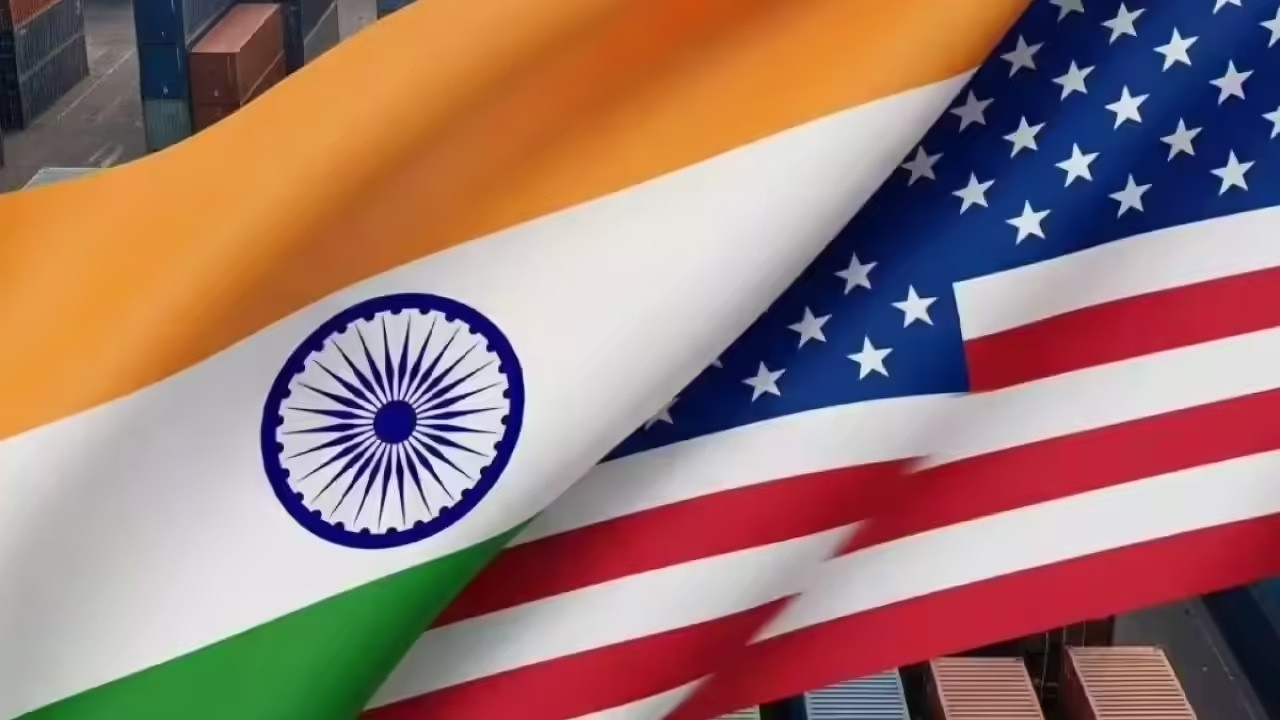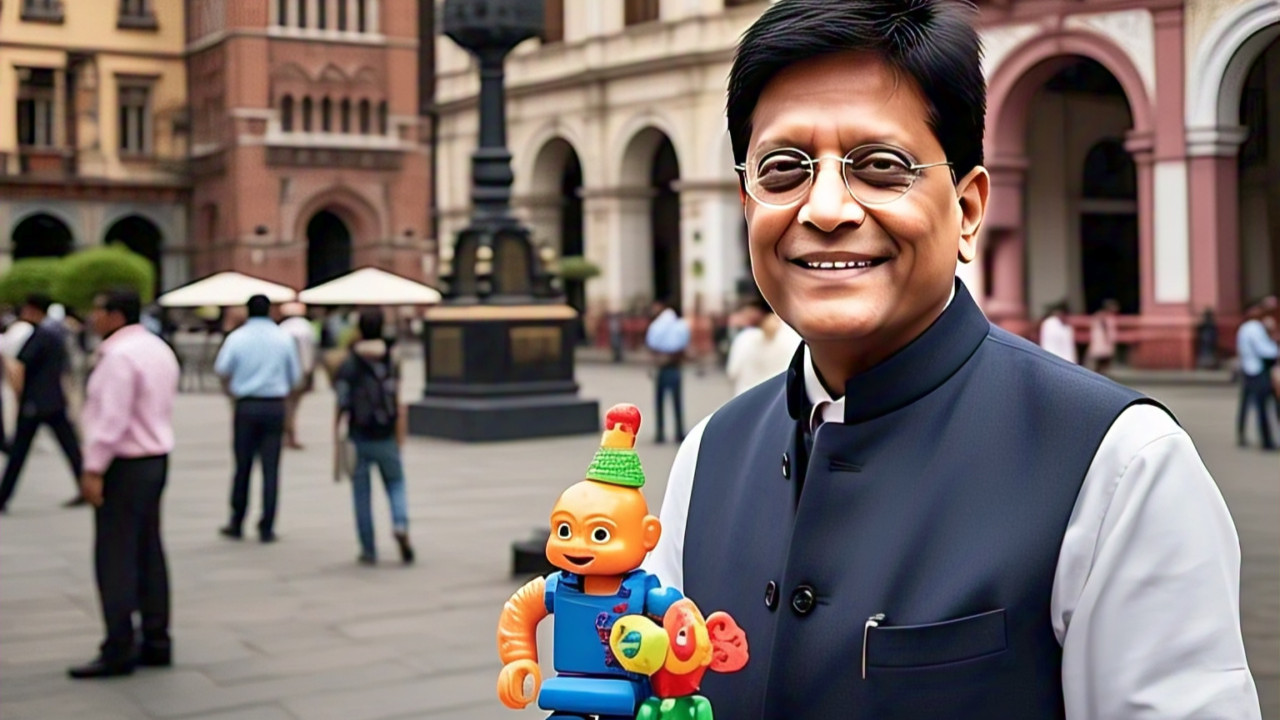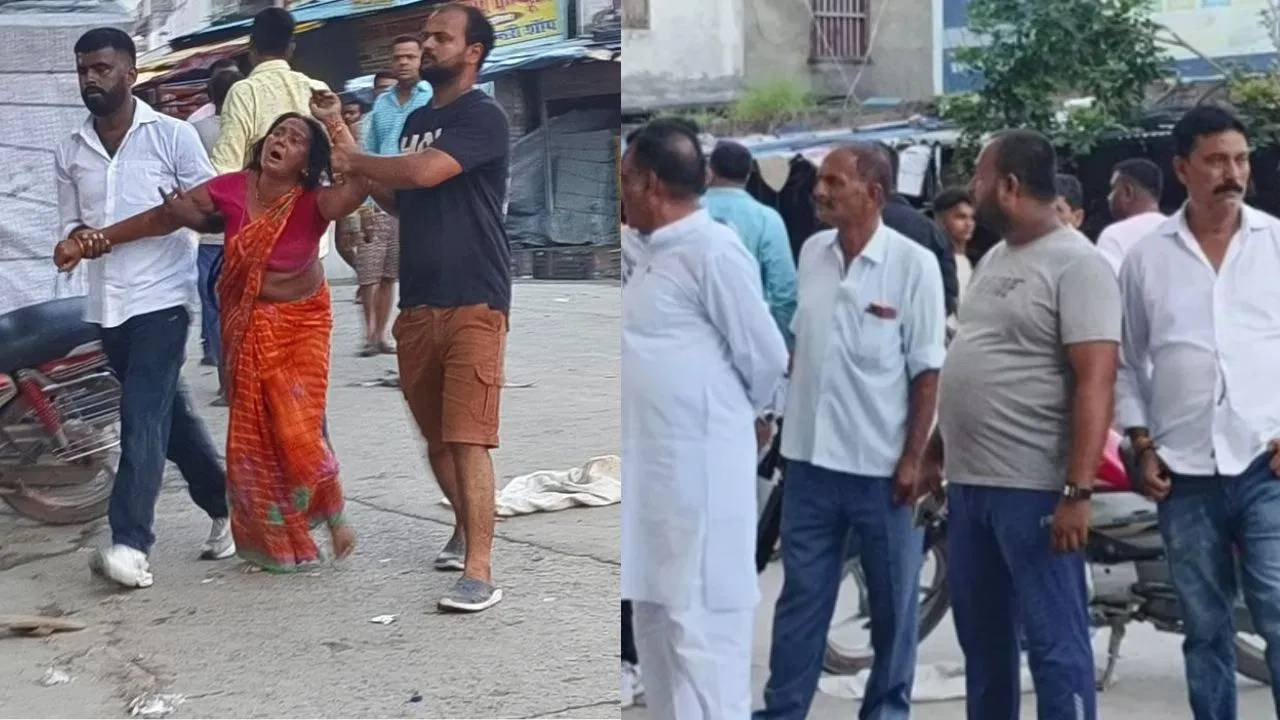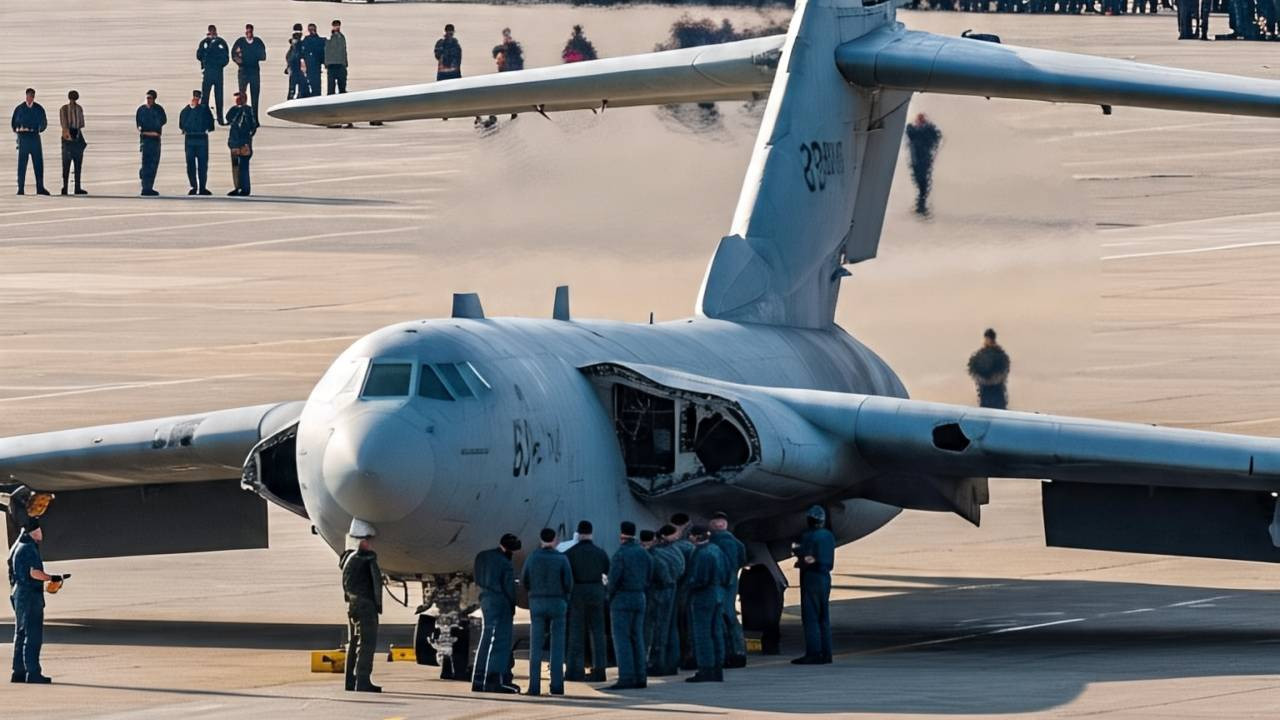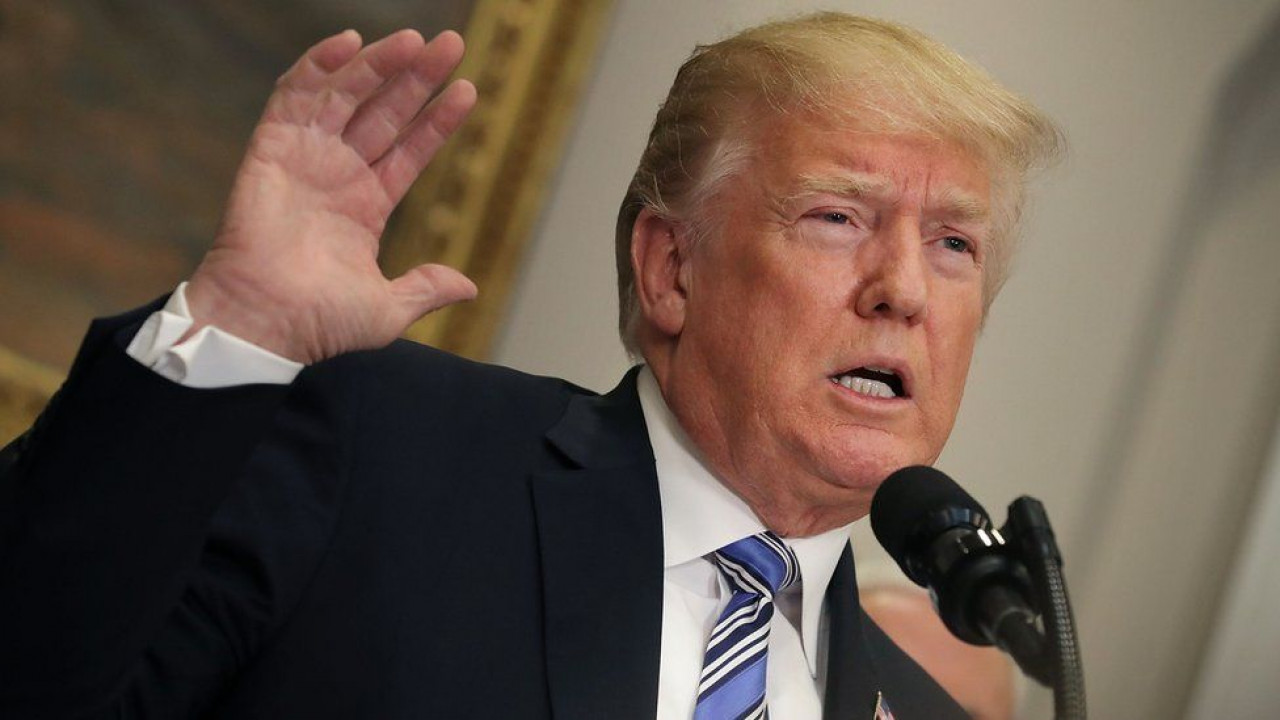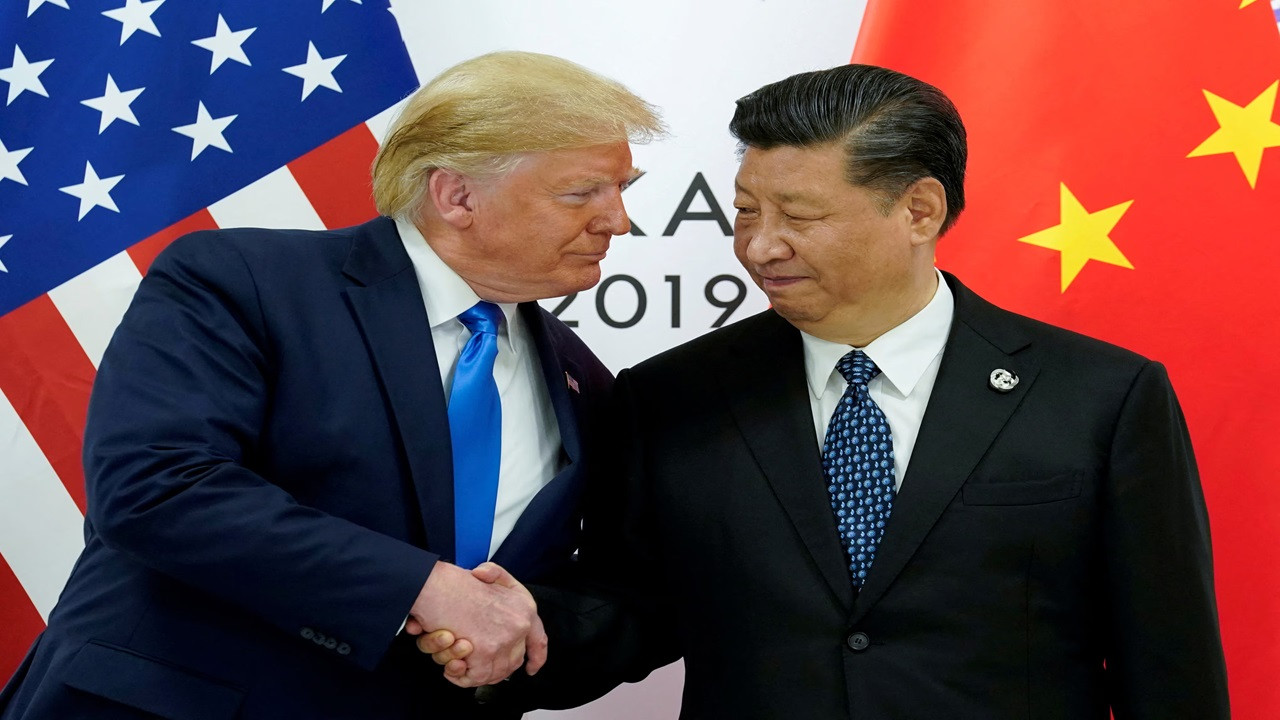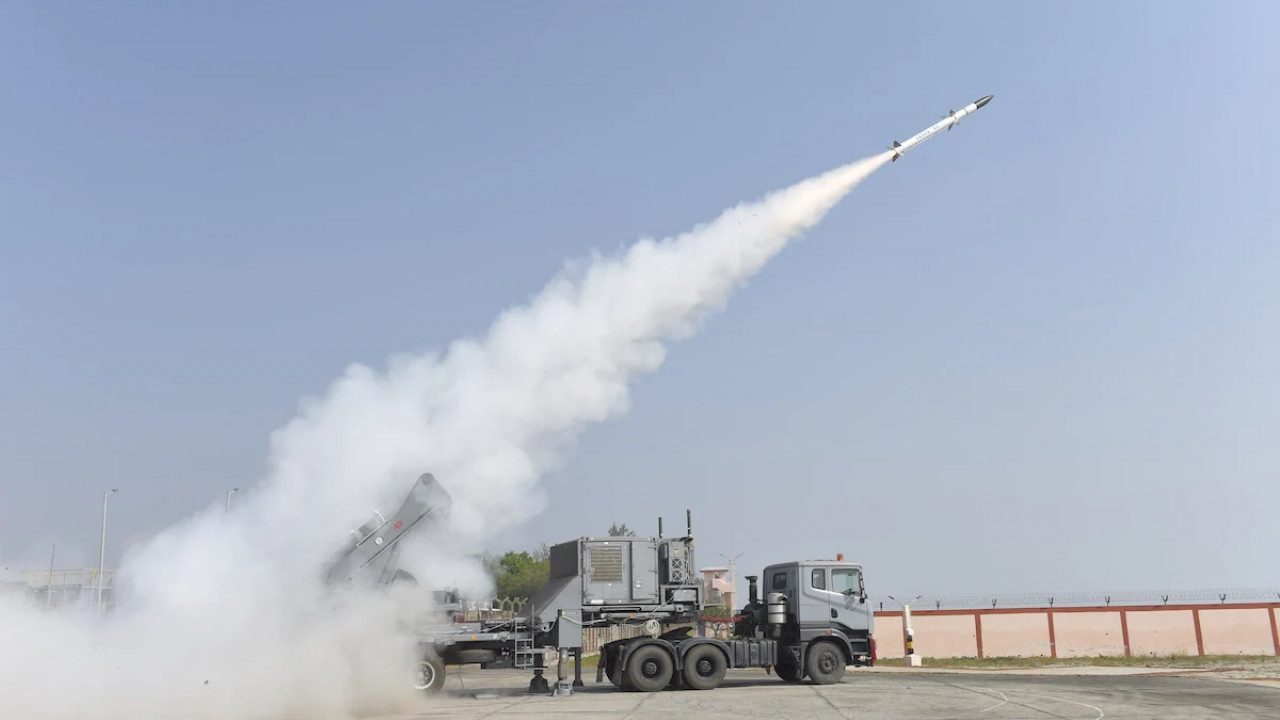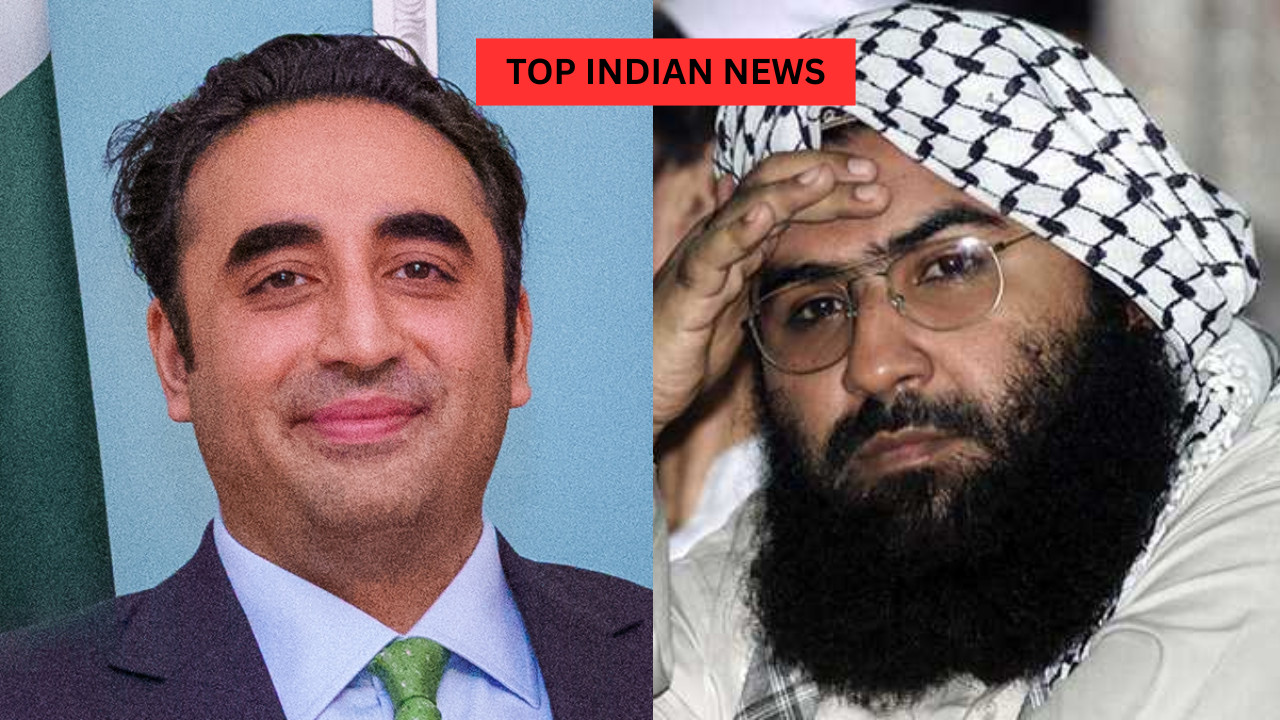International News: The Indian delegation that visited Washington to push forward a long-pending trade deal has returned without consensus. Sticking points include tariff structures, regulatory hurdles, and intellectual property demands.The much-anticipated India-US trade negotiations concluded this week with little breakthrough, as key issues remain unresolved. Led by senior officials from the Commerce Ministry, the Indian team held multiple rounds of discussions with their American counterparts. However, divergent positions on tariff rationalization, agricultural market access, and tech-sector regulation left both sides short of a comprehensive pact. This marks yet another delay in finalizing a deal that has seen years of back-and-forth diplomacy. Officials from both sides have expressed optimism but acknowledged that more work lies ahead. Washington’s renewed insistence on specific regulatory concessions, especially on digital trade, created fresh roadblocks. Meanwhile, New Delhi has maintained that any deal must be balanced, fair, and protect domestic interests.
Tariffs Still A Major Blocker
Despite efforts to find middle ground, the U.S. continues to press India to reduce tariffs on a wide range of goods. Washington’s primary focus is on agricultural products, medical devices, and tech imports. New Delhi, however, argues that steep tariff cuts could harm local industries and compromise food security. Indian officials highlighted past unilateral steps taken to ease trade, but said reciprocal gestures are still pending from the U.S. As a result, the issue remains one of the thorniest in the bilateral equation.
Digital Rules Trigger Concerns
The U.S. raised fresh objections over India’s evolving digital regulations, including data localization and e-commerce norms. American companies argue these rules create an uneven playing field and restrict innovation. India, meanwhile, defends its policies as necessary for consumer protection and data sovereignty. The clash has grown sharper with rising digital dependency in both nations. The Indian side proposed a phased dialogue to align data governance standards. But no final wording or joint statement emerged.
IP Rights Back In Spotlight
Intellectual property protections re-emerged as a central point of contention, especially in pharmaceuticals and tech. Washington is pushing for tighter enforcement of IP laws and patent frameworks in India. New Delhi maintains that its policies comply with WTO norms and support affordable access to medicines. India also emphasized its global role in vaccine manufacturing. Talks touched on broader innovation ecosystems, but a breakthrough remains elusive. The issue is likely to require separate, sector-wise dialogues.
Agricultural Access Stalls Deal
The U.S. is demanding wider access for its agricultural exports, from dairy to genetically modified crops. India has expressed reservations, citing food safety concerns and small farmer livelihoods. American negotiators argue that science-based standards should drive policy, not protectionism. This remains one of the most emotionally charged issues in the deal. Both sides agreed to continue technical-level discussions. But it’s clear that agricultural liberalization won’t come easily.
Procurement And Subsidy Limits
Government procurement norms and subsidy ceilings also figured prominently in the discussions. The U.S. wants more transparency and equal bidding rights for its firms in India. New Delhi pushed back, citing WTO rules and developmental needs. Indian officials say procurement policies must benefit local MSMEs. Subsidy structures, especially in agriculture and energy, were also debated. Progress was made, but only on documentation and frameworks.
Visa Issues Remain Unsettled
India pressed hard on easing visa norms for skilled professionals, especially in the IT and engineering sectors. The U.S. acknowledged the issue but cited domestic legal constraints. Indian firms have flagged longer processing times and stricter eligibility rules. While both sides agreed to revisit the matter, no timelines were announced. For India, this remains a priority. But the U.S. insists immigration cannot be fast-tracked via trade talks.
Next Round Still Unscheduled
Though discussions were cordial, no date has been fixed for the next round of talks. Both sides plan internal reviews before reconvening. The absence of a roadmap fuels skepticism about real progress. Analysts suggest political cycles in both countries may now delay movement. However, officials maintain that communication lines remain open. A joint statement is expected later this month, summarizing current positions.


